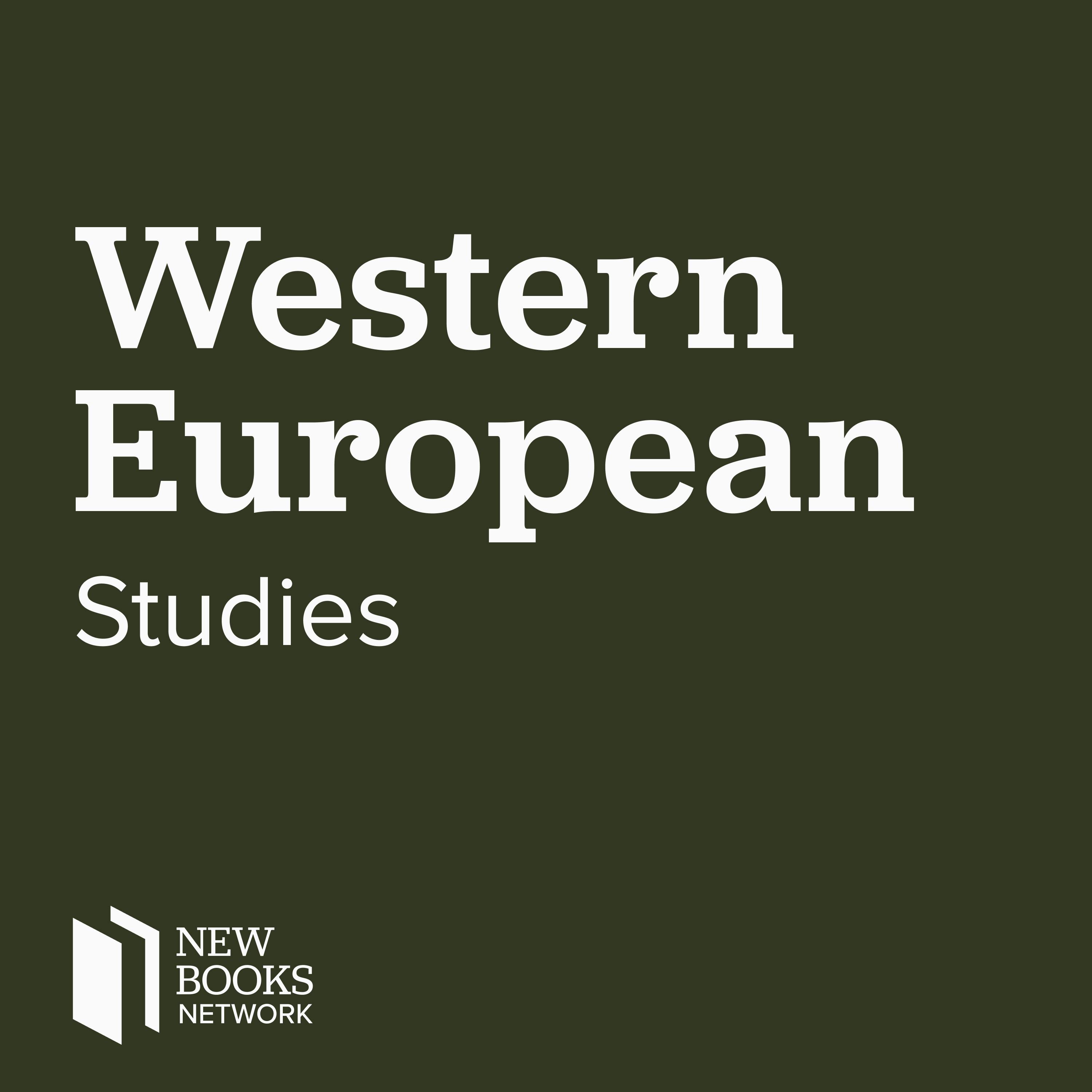Seamus O'Malley, "Irish Culture and 'The People': Populism and Its Discontents" (Oxford UP, 2022)
Description
Seamus O’Malley is an associate professor at Yeshiva University. His first book was Making History New: Modernism and Historical Narrative (Oxford University Press, 2015). He has co-edited three volumes, one of essays on Ford Madox Ford and America (Rodopi, 2010), a research companion to Ford (Routledge, 2018) and a volume of essays on the cartoonists Julie Doucet and Gabrielle Bell (Mississippi, 2018). He is the chair of the Ford Madox Ford Society and co-chair of the Columbia University Seminar for Irish Studies.
In this interview he discusses his new book, Irish Culture and "The People": Populism and Its Discontents (Oxford UP, 2022), a study of the rhetoric of populism and uses of the seemingly simple concept “The People” in Irish political and literary discourse.
Irish Culture and ‘The People’ argues that populism has been a shaping force in Irish literary culture. Populist moments and movements have compelled authors to reject established forms and invent new ones. Sometimes, as in the middle period of W.B. Yeats's work, populism forces a writer into impossible stances, spurring ever greater rhetorical and poetic creativity. At other times, as in the critiques of Anna Parnell or Myles na gCopaleen, authors penetrate the rhetoric fog of populist discourse and expose the hollowness of its claims. Yet in both politics and culture, populism can be a generative force.
Daniel O'Connell, and later the Land League, utilized populist discourse to advance Irish political freedom and expand rights. The most powerful works of Lady Gregory and Ernie O'Malley are their portraits of The People that borrows from the populist vocabulary. While we must be critical of populist discourse, we dismiss it at our loss. This study synthesizes existing scholarship on populism to explore how Irish texts have evoked "The People"--a crucial rhetorical move for populist discourse--and how some writers have critiqued, adopted, and adapted the languages of Irish populisms.
Aidan Beatty is a lecturer in the history department at Carnegie Mellon University
Learn more about your ad choices. Visit megaphone.fm/adchoices
Support our show by becoming a premium member! https://newbooksnetwork.supportingcast.fm/european-studies
More Episodes
In this episode of the CEU Press Podcast, host Andrea Talabér (CEU Press/CEU Review of Books) sat down with Éric Fassin (Université Paris 8) to discuss his new book with CEU Press entitled, State Anti-Intellectualism and the Politics of Gender and Race: Illiberal France and Beyond (2024).
Éric...
Published 04/30/24
Shakespeare's Adolescents: Age, Gender and the Body in Shakespearean Performance and Early Modern Culture (Manchester UP, 2024) by Dr. Victoria Sparey examines the varied representation of adolescent characters in Shakespeare's plays. Using early modern medical knowledge and an understanding of...
Published 04/30/24
Was Weimar doomed from the outset?
In November 1918: The German Revolution (Oxford University Press, 2020), Robert Gerwarth argues that this is the wrong question to ask. Forget 1929 and 1933, the collapse of Imperial Germany began as a velvet revolution where optimism was as common as pessimism....
Published 04/29/24


